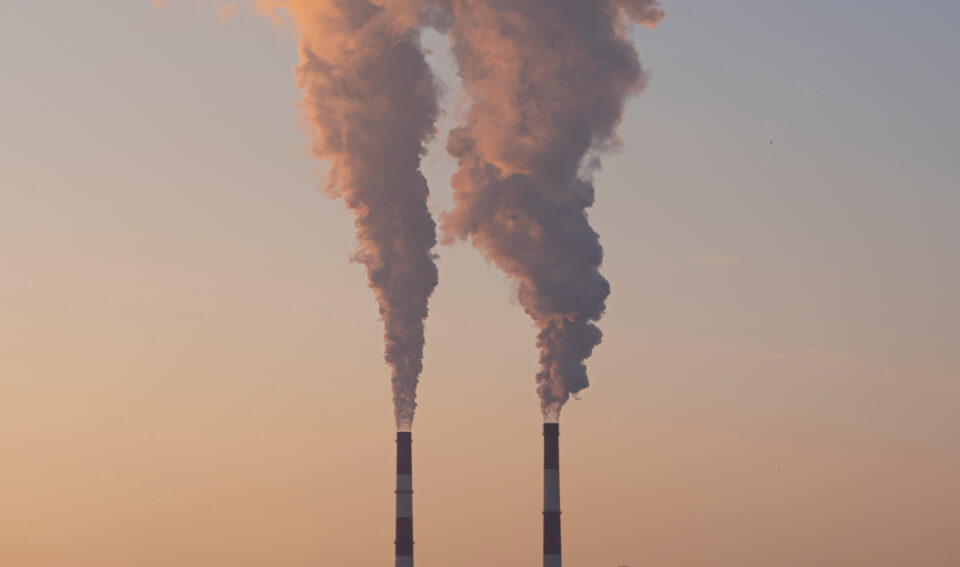TUM Think Tank
Where today's societal challenges meet tomorrow's technological excellence.
A central issue at the UN Climate Change Conference, set to start on November 11, will be the negotiations on new payments from industrialized nations to poorer countries. However, the question of whether and how these payments will be financed remains highly controversial. The study by an international team of researchers has now revealed: The windfall profits alone taken in by oil and gas companies due to the 2022 energy crisis would have been sufficient to cover the existing commitments of the industrialized nations for nearly five years. The researchers therefore recommend collecting taxes on these so-called windfall profits from fossil fuels.
A key point on the agenda of the UN Climate Change Conference (COP 29) will be the negotiations on the funding of the climate targets. The industrialized nations made a commitment to pay 100 billion dollars annually between 2020 and 2025 to poorer countries for climate protection and adaptation to climate change. Now the follow-up agreement, the New Collective Quantified Goal (NCQG), is to be passed. However, the countries have not fully delivered on their previous commitments nor have the negotiations on the NCQG clarified how the additional funds are to be raised.
An international team of researchers has therefore investigated one of the proposals under consideration: a tax on windfall profits of companies that make their money with fossil fuels. A windfall profit tax imposes a levy on profits that exceed what would be expected in normal circumstances due to a special situation, generally a crisis. The energy crisis following the Russian attack on Ukraine at the beginning of 2022 was a special situation of this kind. In that year international energy prices soared.
The research team studied the profits reported for 2022 by 93 of the world’s biggest oil and gas companies and compared them with analysts’ forecasts at the beginning of the year. The total expected profits amounted to around 753 billion dollars. The actual profits earned by the companies totalled around 1.243 trillion dollars. Consequently, the companies took in windfall profits of around 490 billion dollars. “These additional profits from just one year are close to the total amount promised to the poorer countries for a five-year period,” says study leader Florian Egli, Principal Investigator at the Transformation Finance Lab at the TUM Think Tank.
Read the whole story here.
TL;DR
A central issue at the UN Climate Change Conference, set to start on November 11, will be the negotiations on new payments from industrialized nations to poorer countries. However, the question of whether and how these payments will be financed remains highly controversial. The study by an international team of researchers has now revealed: The windfall profits alone taken in by oil and gas companies due to the 2022 energy crisis would have been sufficient to cover the existing commitments of the industrialized nations for nearly five years. The researchers therefore recommend collecting taxes on these so-called windfall profits from fossil fuels.










